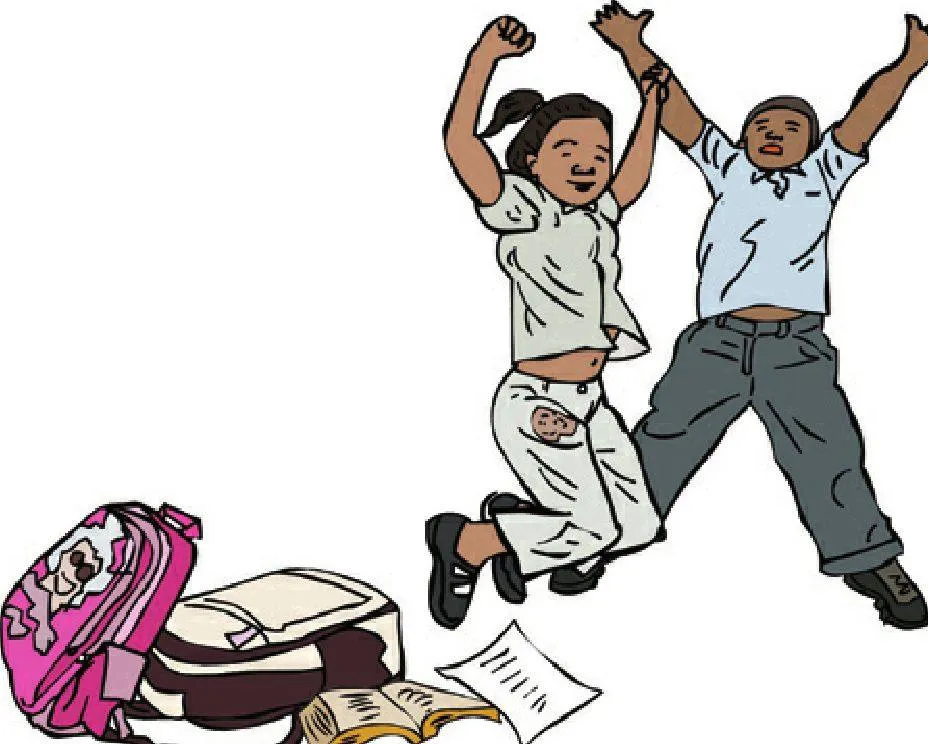Will A Homework Ban Make Any Difference?
2013-12-29
On August 22, the Ministry of Education issued a 10-point order draft on alleviating the heavy burdens placed on primary school students. According to the draft, pupils would cease to have homework after school. The draft has attracted a lot of attention and also sparked debate.
Most parents currently view the homework ban as “unrealistic,” saying that it is by no means easy for pupils to enter a relatively good middle school. Therefore, canceling homework might be a mistake. Some people say the ban will only force more children to take extra classes to keep up. It is widely believed that to reduce the academic burden on students such a ban would not suffice. The following are excerpts of opinions:
Xia Qingfeng (People’s Daily): A lot of work needs to be done to reduce the academic burden on primary school students. Schools need to offer a choice in methods of learning.
In daily life, students who do not perform well struggle to keep up with the rest of the class, while those who excel are often asked to repeat work they have already come to grips with. All in all, the situation is rather wasteful in terms of time and energy.
The important thing is to modify the way pupils learn in accordance with their skills, capacity and objectives. This will allow students the opportunity to take responsibility for their work and behavior at school.
Furthermore, teachers should give pupils enough time to familiarize themselves with course content and develop their special interest. More comprehensive and diversified methods for evaluating student performance are also needed.
Once pupils are freer and more motivated, schoolwork will appear less of a burden.
Xumin (Jiefang Daily): The homework ban has triggered an extensive reaction, particularly among teachers and parents. Can we expect this regulation to be effective? Actually, the ban has raised more doubts than praise.
All parents want their children to study hard and grow up free of burden. Right now, however, most Chinese students have to compete for limited spots at top middle schools and universities, which increases their pressure.
Teachers find themselves facing a dilemma in that students need to be relieved of heavy school work while education levels need to be upheld.

While education authorities have the will to change the situation, more supportive measures are necessary. For example, course content could be cut and exams made easier. Besides, it’s also important to set up a diversified talent selection system. When all students, no matter in what ways they differ, can all access the proper means of further development in areas they do well and have an interest in, they’ll taste the joy of success. When a student from vocational facility feels able to reveal the name of his school just like one from a key middle counterpart, pupils could at last breathe freely.
Zhao Wenjun (www.xinhuanet.com): The Ministry of Education’s draft has kindled worries among parents. There has long been calls for the reduction of academic burdens on primary school students. Despite improvements, such burdens remain a head- ache and beyond resolve.
Compared with 10 or 20 years ago, the academic burden on primary school students is growing, mainly due to the uneven distribution of social resources.
The draft proposes 10 points, each seemingly impossible to implement. Take the transparency of recruitment for example. How many prestigious schools can reveal their recruitment plans to the public? In order to get their children enrolled in a school of good repute, parents force their kids to learn as hard as they can to pass difficult entrance examinations.
What worries parents most is that if their children do little homework and write fewer tests, their chances of entering prestigious schools would diminish. Therefore, to reduce the academic burden on students, a ban alone would never be enough.
Luo Han (Guangming Daily): Public worries all relate to the following: first, if education remains centered on college entrance examinations, a homework ban would fail; second, if performance continues to be measured via tests and exams, it would be unreasonable to ban homework; third, how would a homework gap be filled?
Thus, the ban could do more bad than good. Education involves schools, teachers, students and parents who interact closely with each other. If the new policy solely focuses on the reduction of homework and tests, regardless of the results, it will fail.
Currently, what China needs is an overall improvement of its education system, based on tangible measures to promote reform.
